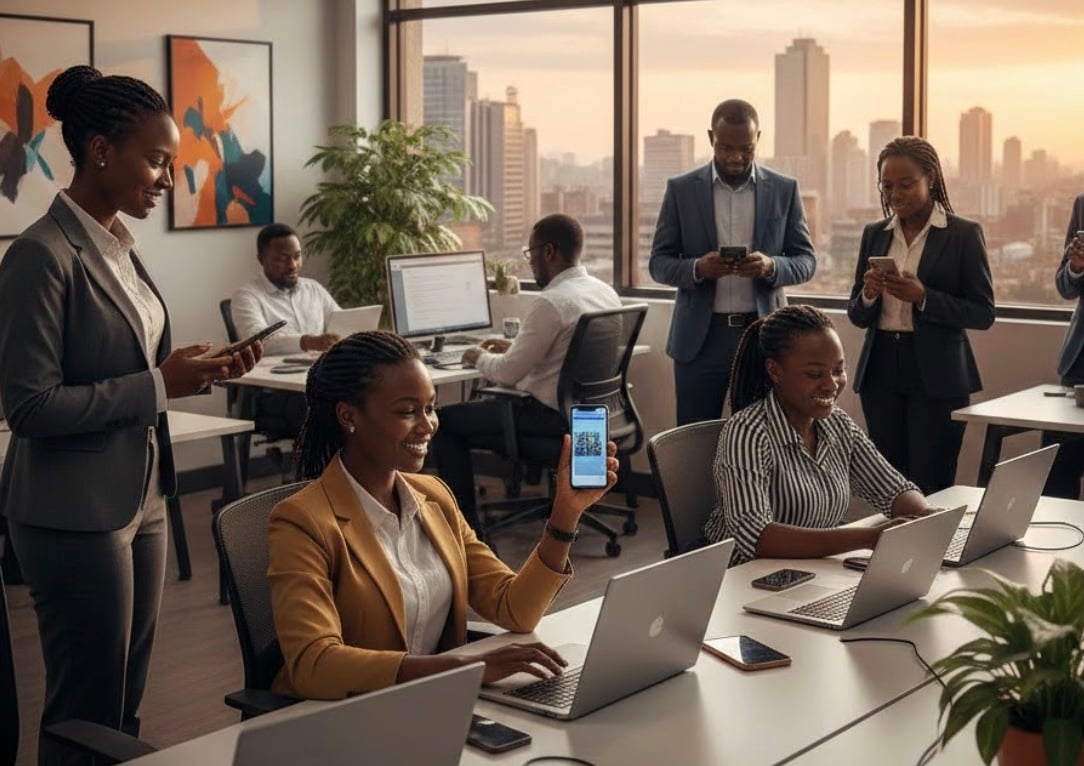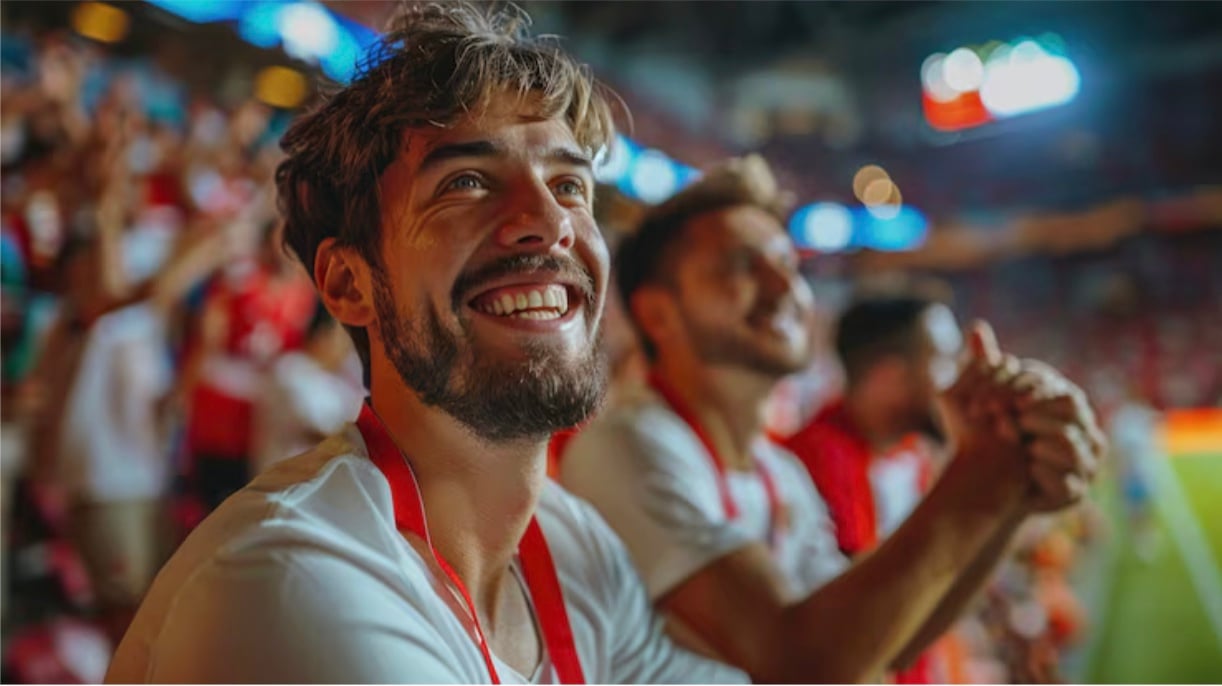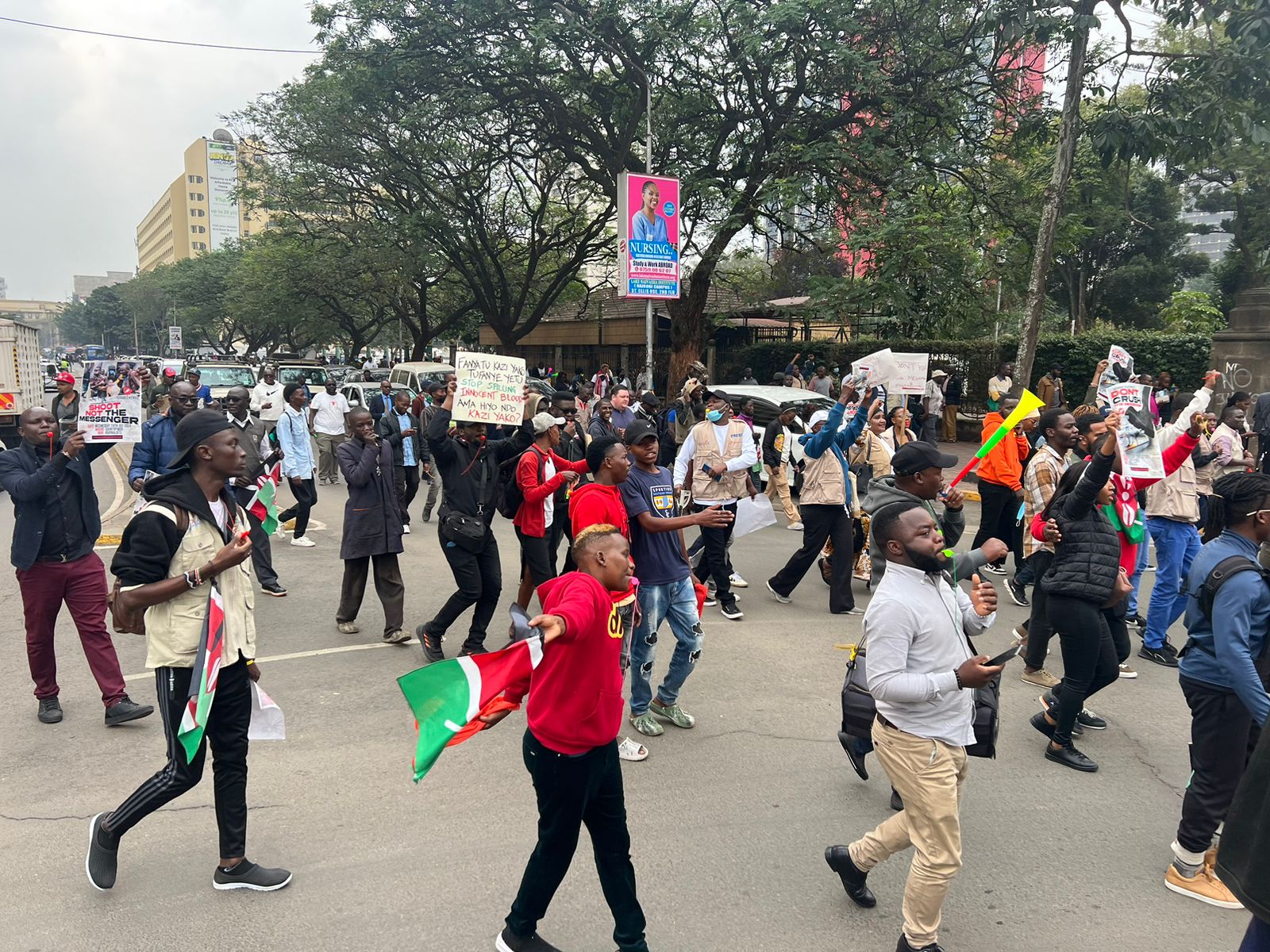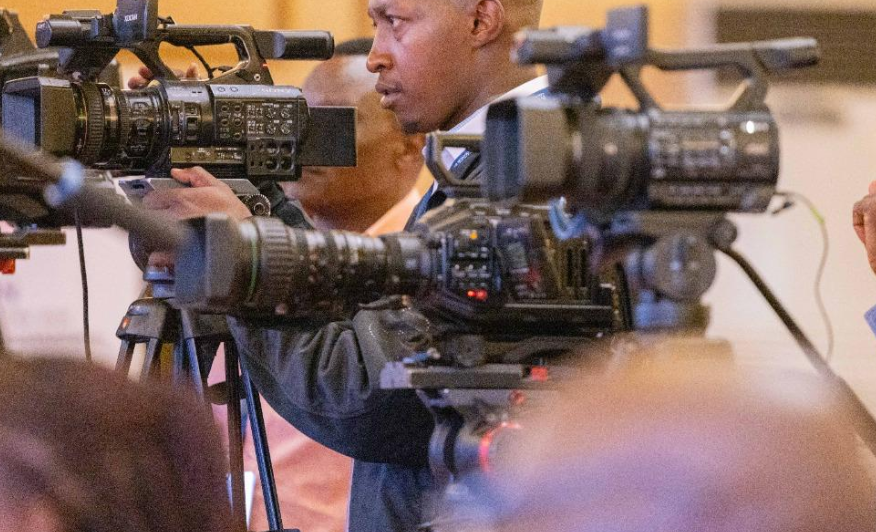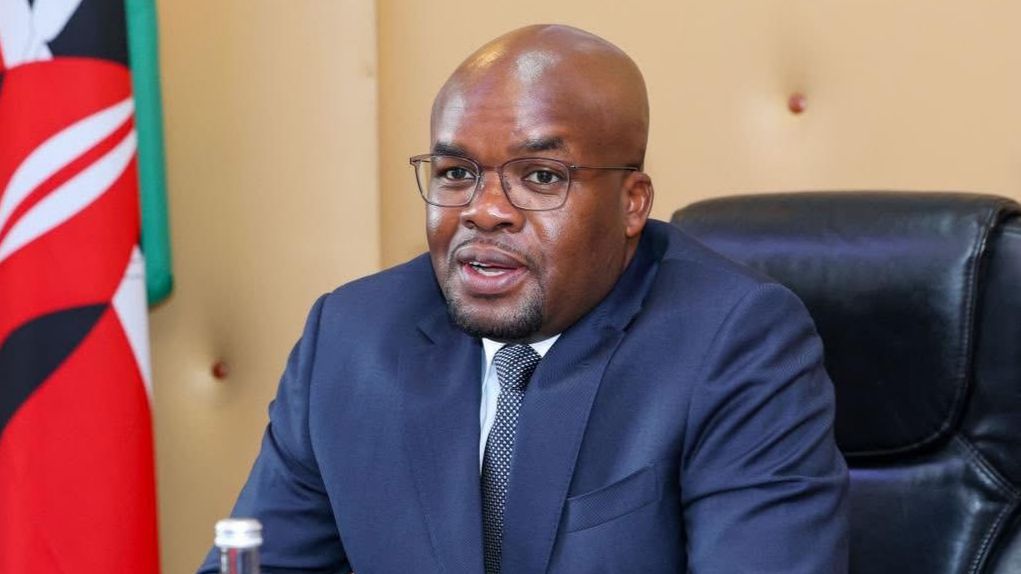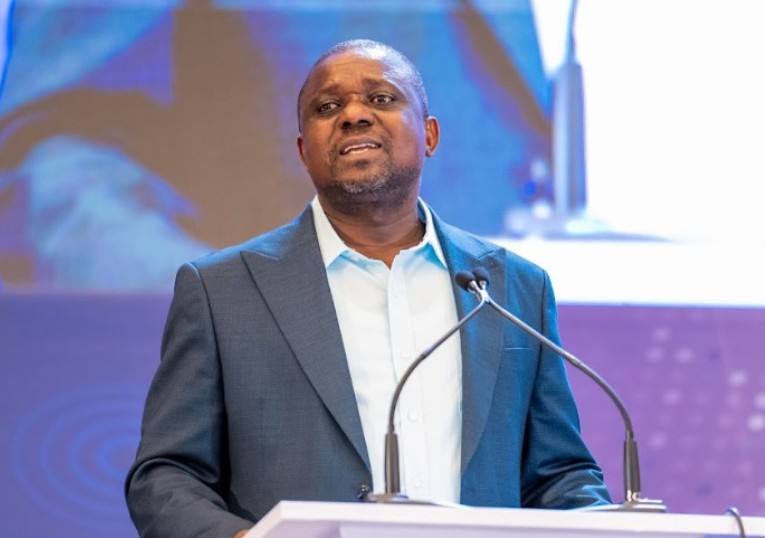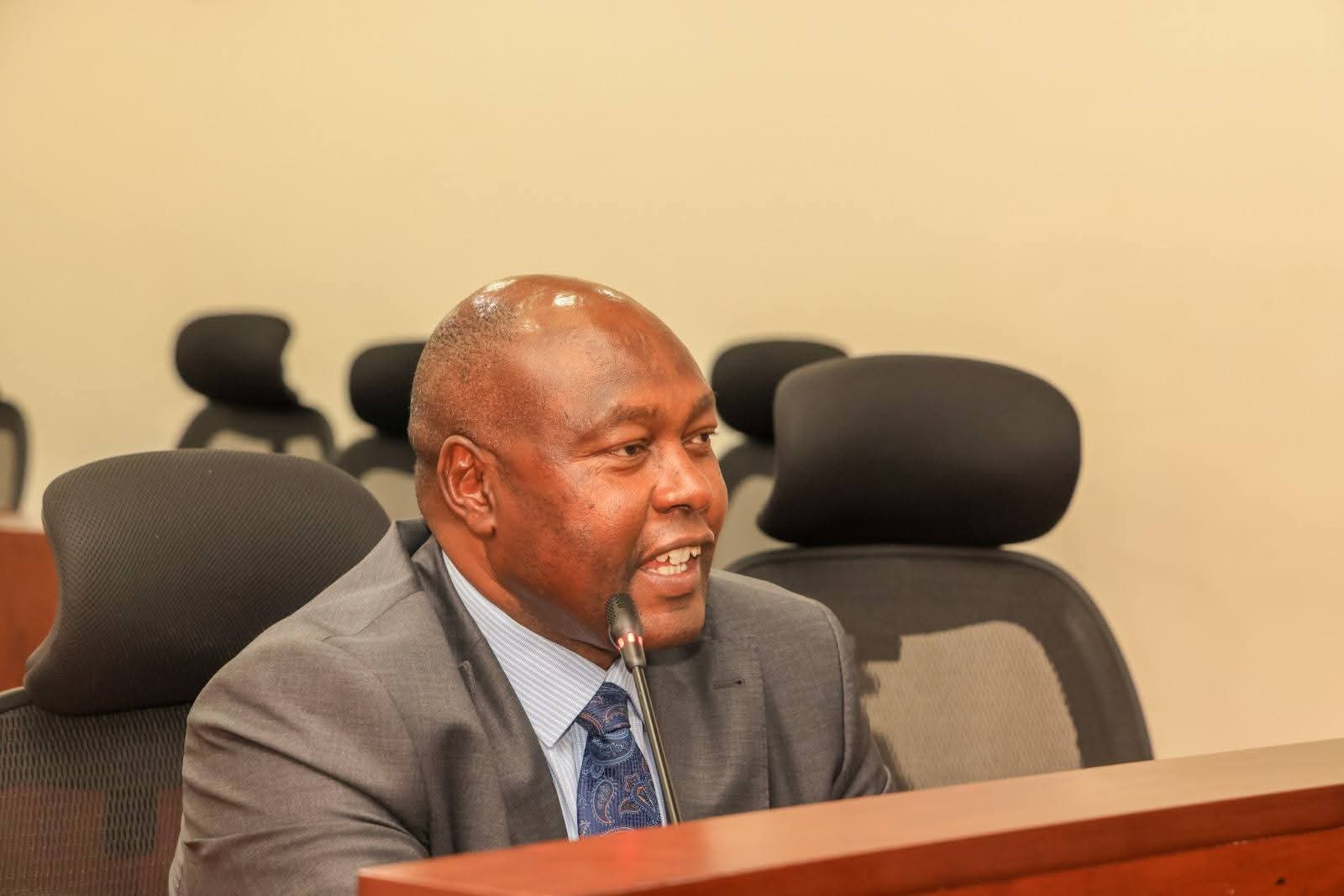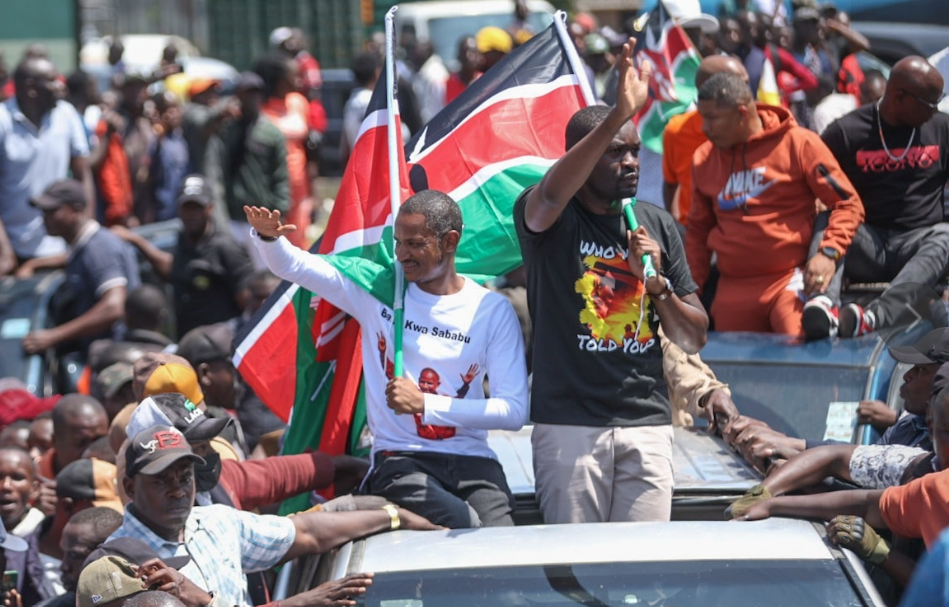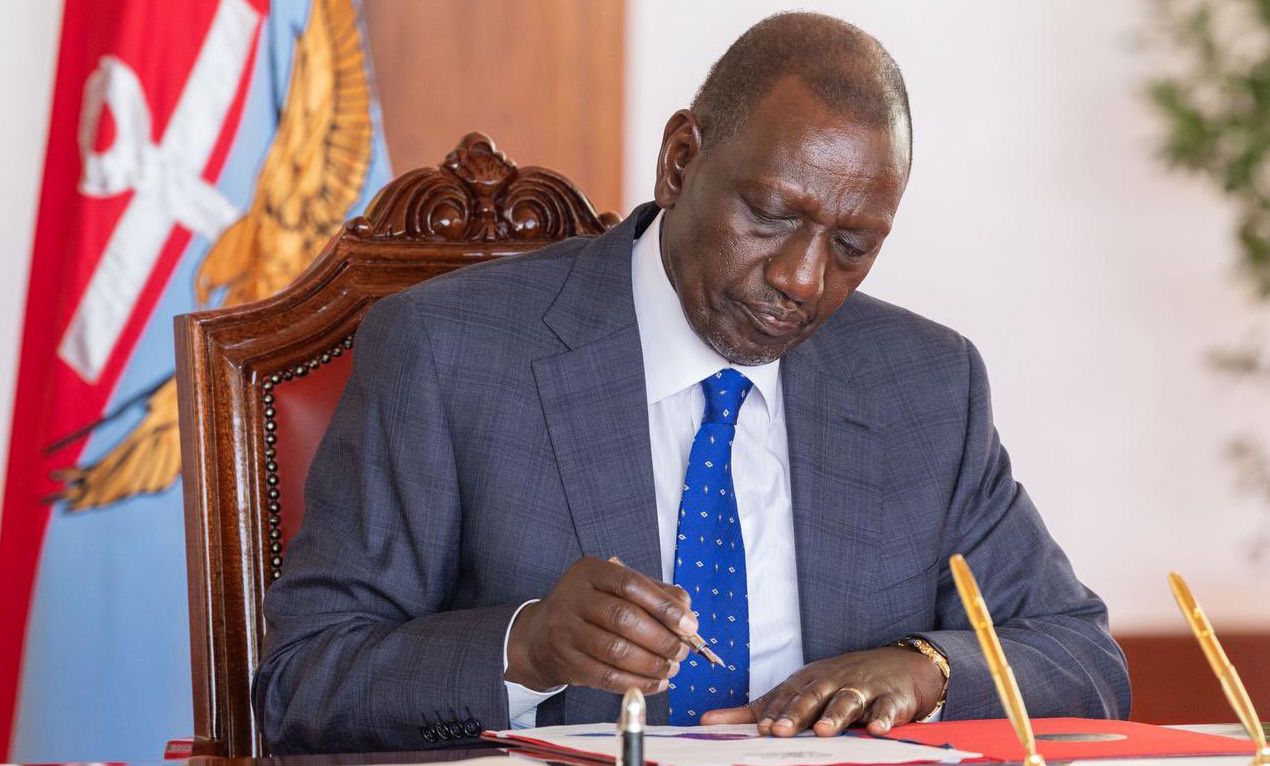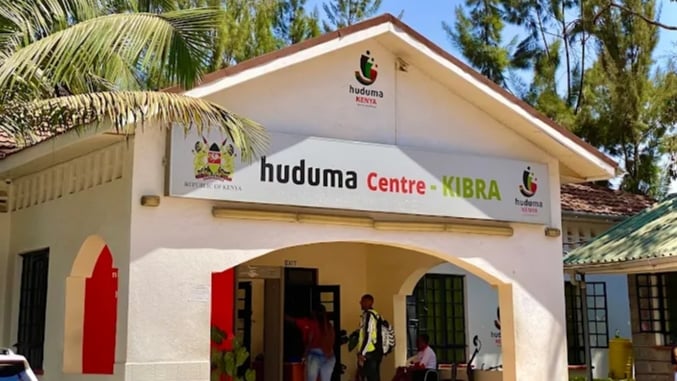In our segment of #KenyaWomenSeries, we feature, Judie Kaberia. Kaberia has eleven awards to her name as a multimedia journalist, she is an accomplished media trainer and mentor, with over 15 years of experience in journalism.
Recently, she was appointed Executive Director of the Association of Media Women in Media (AMWIK). Judie Kaberia’s career in the media began at Radio Waumini as a reporter, producer, and later as an editor.
“I was a rookie when I joined Radio Waumini, which provided me with the platform to make all the mistakes and learn from them. With my heavy Kimeru accent, I could hardly pronounce Bs and Ds without inserting M or N before words. To me books were mbooks," she says.
Still, I wanted to be a broadcast journalist. I got advice to concentrate on print but I hang on to my dream to speak on radio or TV. A friend encouraged me to work on my accent by writing many words with Bs and Ds, and short sentences, practice reading them aloud for hours, record and listen. I spent lots of time working on this and improving.
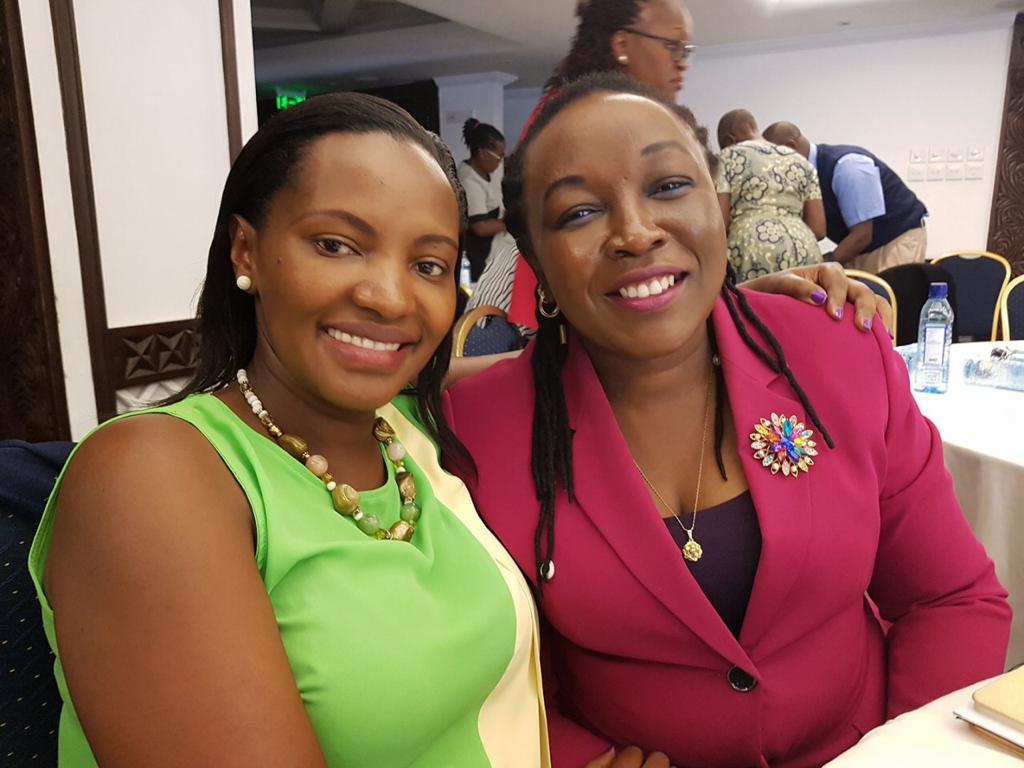
Read More
File Image of Judie Kaberia and Proffessor Nancy Booker.
In 2004, I left Radio Waumini for Germany and interned at Hellweg Radio in Soest in North-Rhine Westphalia. By this time I had sharpened speaking in German and could comfortably communicate.
Two years later I returned to Kenya and joined Capital FM; yet another opportunity for me to hone my skills in journalism. Chris Kirubi, may his soul rest in peace, was a man with a vision and alert to technological advancements.
He was talking about convergence in 2006 as the future of media and encouraged me to try a hand at print and television. I did and became an excellent multimedia journalist.
Then I got into feature writing and investigative reporting and maximized on impact and solution-oriented journalism. I discovered the power I have as a journalist; through stories, I could influence policies, spur public debates on important issues and bring impact such as the establishment of health centres for women to deliver their babies in hospitals, availability of family planning methods, and many others.
Yet another defining moment in my career was the Kenyan cases at the International Criminal Court (ICC). I learnt about specialized journalism which introduced me to international criminal law. This expanded my knowledge and skills in reporting on international crimes, international and regional judicial systems.
Before the Kenyan cases started at the ICC, I met two excellent friends, whom I look up to. Bettina Ambach, a former German journalist and now Wayamo Foundation’s director and Roberts Mensah – formerly Chief of Un Radio and Ag. Deputy Chief of Public Information for the United Nations in Liberia introduced me to media training, the donor world and projects. Together, we registered Wayamo Foundation becoming the main contact and training organization for Kenyan journalists reporting on the ICC.
We later expanded to capacity building for prosecutors, investigators, and judges in East Africa intending to enhance their skills and knowledge to address transnational organized crimes such as terrorism, money laundering, wildlife crimes, cybercrime, and among others human trafficking. I was the East Africa coordinator of the project which also incorporated East African media as a key partner. Later, we expanded our network to training the military in Nigeria in Wayamo’s quest to address the eyesore of the Boko Haram.
In 2020, I was among the 10 fellows who won the Resilience Fellowship of the Global Initiative against Transnational Organized Crime (GI-TOC), Austria. Until June this year, I have been reporting and researching on human trafficking and harvesting of human body organs in East Africa.
And through this reporting, in December 2020, I won the Labour Migration Awards for the Migration and Health category due to my role in exploring the safety of victims of human trafficking during the covid-19 pandemic.
The awards were organized by the African Women in Media in partnership with the African Union, International Labour Organisation, and the International Organization for Migration (IOM).
Other defining moments in my career are participation in the U.S sponsored Edward R. Murrow Programme which enhanced my skills in leadership and excellence in journalism. It shaped my leadership in journalism as a mentor of the U.S Embassy-sponsored programmes for female journalism university students and training of vernacular radio journalists across Kenya.
In 2020, I also joined Journalists for Human Rights (JHR), Canada World: Voice for Women and Girls’ Rights Kenya as a Gender Media Trainer.
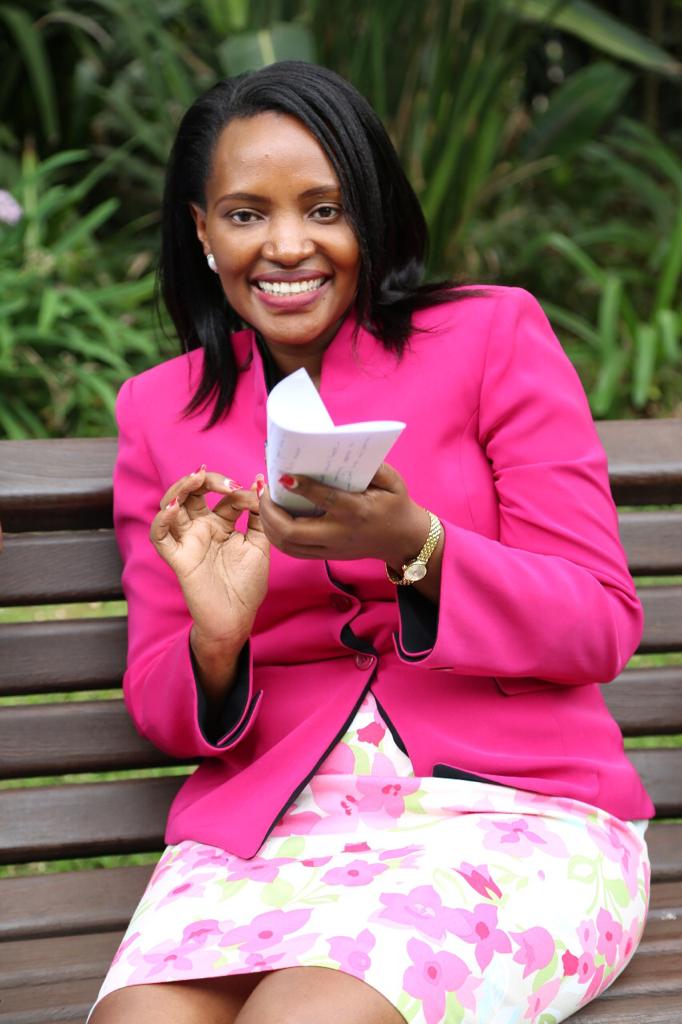
Judie Kaberia
This has been my springboard to living the dream of what I have always wanted to do- train and mentor journalists on how to report on gender with a link to human rights. To report on gender requires journalists to link their reports to human rights to give issues on gender context and also demonstrate the seriousness of violating them.
1. That’s an amazing journey and congratulations on your recent appointment as the Executive Director at AMWIK! What does this position mean to you and why do you believe that having more women in the C-Suite is so impactful?
This position is important to me, to female journalists and the entire media industry. It means that I have more influence, support and the leeway to push for a gender-equal society that I have been doing as a journalist and media trainer.
I have trained different groups to push for an inclusive society in political leadership, economic development, and recognition that men and women are equal partners whose contribution to society matters. I believe it is important to interrogate inwardly as the media because we cannot push for gender equality in society yet we are suffering from the same inadequacies.
Though we have made commendable strides, the number of women at the decision-making table in our media organizations is still low. The ripple effect of having fewer women in the newsroom and deciding on the content, prioritization of news, and determining who the sources are suffers similar inefficiencies. This leads to poor coverage of women and issues that affect them hence undermining their capability as important news sources in political and economic matters.
Not having their voices heard means issues that undermine women, violate their rights, and block them from equal opportunities will continue to interfere with their lives and muzzle their opinions which count and contribute positively to the economy, democracy, and societal development. I have the opportunity to lead AMWIK to build on existing networks and diversify to reach out to other like-minded organizations in our quest for a gender-equal society.
2. What should we be looking for in your leadership?
My experience in journalism, media training, and project management of donor-funded programmes are one of the approaches I intend to leverage to expand AMWIK’s base of partners and galvanize the existing ones.
So far, I have received overwhelming support from stakeholders in the media, AMWIK members, partners, and organizations that I have worked with before and this means that their support is integral in the implementation of AMWIK’s programmes. I appreciate the Media Council of Kenya, the Kenya Editors Guild, and the Kenya Union of Journalists, among many other organizations, for pledging to support AMWIK.
I intend to diversify AMWIK’s areas of focus to capture emerging issues that undermine the fight for gender equity. As we look at elections in 2022, AMWIK has a big role to play not only to support female political aspirants but to also highlight challenges that they face and interrogate ways in which they can be addressed.
3. Having worked in the Media in Kenya and Germany, in NGOs and participated in international conferences, please share some ways women can best position themselves for opportunities and rise the ranks?
Don’t give up on your dreams. Never allow your limitations to deter you from going after your dreams e.g In my case the heavy Kimeru accent. Do whatever it takes to overcome the hurdle and attain your dreams.
Be willing to do things differently. Focus on adding value. Whether it is story ideas or projects, I strive to identify what will make my work unique and stand out especially in addressing unresolved issues and pushing for impact. It is not easy, it requires a lot of research and reading to have local and international perspectives, but it is doable.
Network! I can never overemphasize this. I am one of those people who will go anywhere without any allowance or pay for the sake of networking. Sometimes I give pro-bono training with the bigger picture-to network and establish long-term solid networks. I look at it as an opportunity to advertise my skills and prove that I can do it. After some time, I always reap big as a professional and an important partner with the organizations I interact with.
Strive for impact. I don’t trade perfection for anything. I remain professional and leave a lasting memory by doing tasks assigned to me to the best of my ability. This has enabled me to continue to work with reputable institutions and organizations locally and internationally. And while at it, never forgo opportunities because they seem hard, just try.
4. As an award-winning journalist with 11 awards, tell us what these awards mean to you and other young women who look up to you. Any tips for young journalists hoping to excel in the media industry?
The awards remind me that there is a reward for sacrifices made; by getting out of the comfort zone to sometimes risk my life to tell stories of ordinary people, to highlight their issues, expose the gaps and offer solutions that could close these gaps.
The awards encourage me to practice journalism that is people-centered – always for the public good. To do this, being ethical is mandatory because all reputable organizations prefer to work with professionals who understand the job, how it is done, and in the right way.
I have used this rich experience in journalism to mentor many journalists in the 100s either directly or through training. I keep urging them to sharpen their skills and strive to be unique. They should never get tired of attending fellowships, training and any other opportunities because these open doors to excellence and career progression.
With adequate knowledge and skills, we can drop the stereotypical and patriarchal tags that block female journalists from reporting on difficult subjects and also rising to the decision-making level. These insulate us from challenges such as sexual favours accorded to cover up for our inadequacies. We don’t need favours, we want to be given jobs because we can deliver because we are good at it - this should be the motto. Our defence is professionalism.
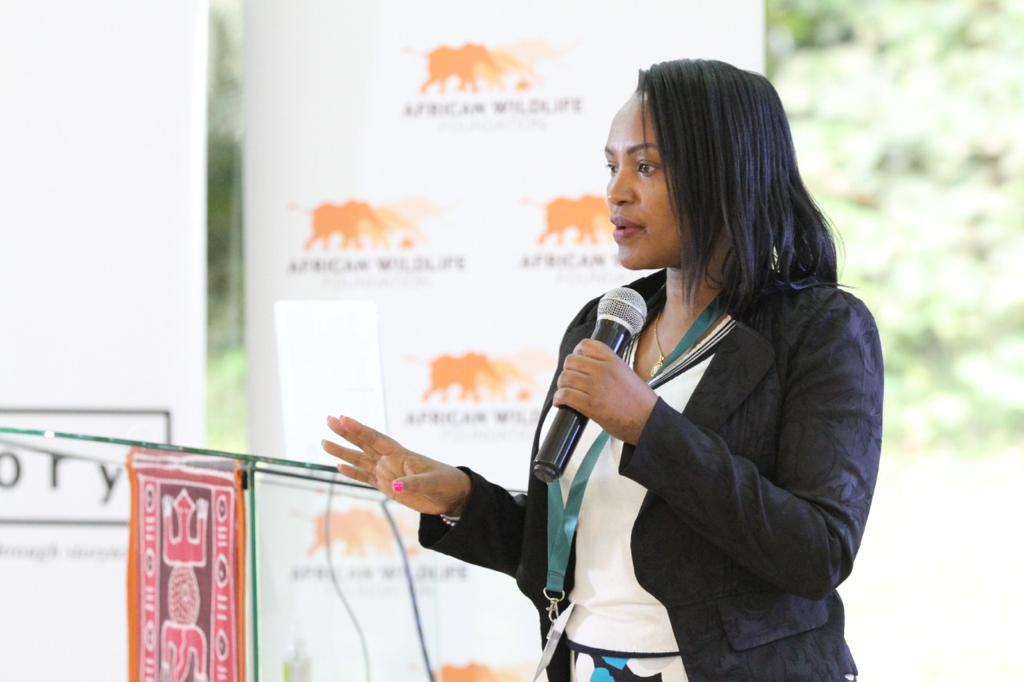
Judie Kaberia
5. You are the board chair of Africa Check Foundation in Kenya, a subsidiary of Africa Check Trust, Africa’s leading independent fact-checking organization. What does it take to run this board?
I oversee the statutory umbrella operations in Africa check, in Kenya. Also, in my oversight role, I get to mainstream conversations about fact-checking and the need for accurate information.
The reason I emphasize the importance for public figures or persons in authority to speak based on evidence and give information based on facts. I provoke conversations to influence policy so that leaders are aware that they have a responsibility to be honest whenever they make public statements. Misinformation and disinformation can affect people’s lives negatively because they rely on information to make decisions about their health, their investments and basically about their lives.
6. None of us can achieve success without some help along the way. Is there a particular person(s) who you are grateful to who held your hand along your career journey?
I have many mentors, some are my peers or even younger than me. I have a strong support system, - a friend who is more than a sister. She is visionary and she insists on having a complete life that balances our spiritual, family, economic, and career lives. Betsy Warui has been that person that helps me strike a balance in my life, through her advice and sharing.
Professor Nancy Booker believed I could become a good media trainer when I didn’t believe in myself. She paved way for me to become an accomplished media trainer and share my knowledge and skills in journalism with others.
Pamela Sittoni, Bettina Ambach, Christine Nguku, Alphonse Shiundu, Njeri Rugene, Jim Onyango, Njeri Kabeberi are other mentors I look up to. I am grateful that they have inspired me to excel in my career by also giving me a chance to exhibit my skills as a media trainer and seasoned journalist.
For the last four years, I have also been a mentor of the International Association of Women in Radio and Television (IAWRT) where we have prepared over 50 female students studying journalism for the job market. We also discuss challenges they are likely to face in the media and give them tips on how to overcome them and focus on their careers and also rise to excellence.
7. With such a flourishing career we asked Judie what values keep you grounded and shape the way you work and live?
Integrity. This has made me become a well-respected journalist and an accomplished media trainer. Journalism is also about leadership; being responsible knowing that the public trusts us to lead them through the information or reports we do. Integrity has borne excellence especially in my leadership and management of people.
Discernment. I always pray for a spirit of discernment. I have gone through a rough terrain, at some point I didn’t know if I would ever lift myself because I made wrong decisions. But this has helped me learn from my mistakes which is the reason why I am keen and take my time before passing judgments, whether it is about myself or others. I don’t discredit people, cut them out, let them into my life or trust them with assignments or certain information. This reduces the chances of falling into deep pits in my personal and career life. It is good to have personal boundaries and know up where do we let people in our lives, and which people.

8. Lastly, given an opportunity to re-imagine the world (for women and girls), is there is anything you would change? If yes, what will it be and why?
First I would empower them to believe in themselves, their capabilities, and that there is nothing that limits them from becoming who they want to be.
I would want them to know what their rights are. Because when they are aware of their rights, they will fight for their place. They will not be silenced when they want to speak about violations and when they want to participate in any debates, whether simple or complex. They have all it takes and it is their right to participate actively.
I would want them to know that culture is good but bad practices that demean and hurt them are not important and it is their right to rebuke them. This is why 2022 is a year to watch as Kenya nears its deadline to end Female Genital Mutilation.
It should be mandatory for girls and women to go to school and ensure policies are formulated and implemented to ensure their right to education is not violated no matter the situation. This is why we need to push the duty bearer to fully implement the return to school policy for teen mothers, and demand for resources to be allocated for affected girls to continue with their education without stigma.
2022 is also important because we want to see a change in political leadership in Kenya. Though we have made progress, we cannot sit comfortably when female representation in political leadership is not near 50%. We have to actively encourage and support women to participate as candidates and voters by removing hurdles that deny them the right to participate in the democratic process. They too can lead and have what it takes to lead Kenya into economic, political and social stability.
By Patience Nyange and Esther Kiragu
